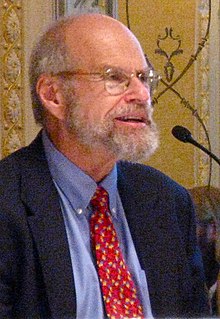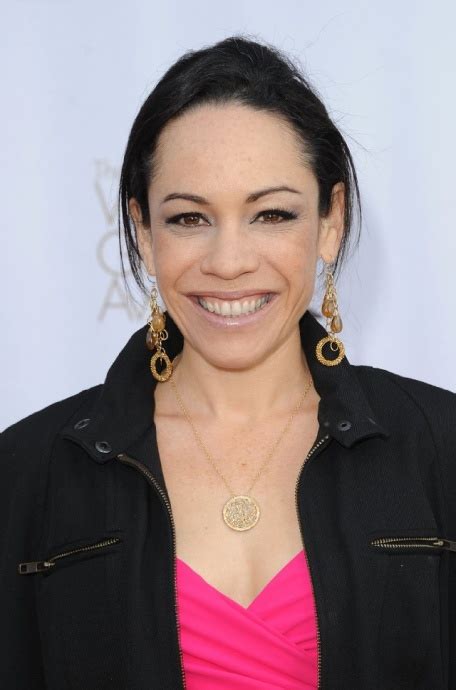A Quote by Shelby Foote
I think that everything you do helps you to write if you're a writer. Adversity and success both contribute largely to making you what you are. If you don't experience either one of those, you're being deprived of something.
Related Quotes
The most difficult thing about living as a writer is precisely 'having to write.' Pretending to be a writer is easy. Living freely, reading many books, going on frequent trips, cultivating minor eccentricities... but genuinely being a writer is difficult, because you have to write something that will convince both yourself and readers.
When you decide 'to be a writer,' you don't have the faintest idea of what the work is like. When you begin, you write spontaneously out of your limited experience of both the unwritten world and the written world. You're full of naïve exuberance. 'I am a writer!' Rather like the excitement of 'I have a lover!' But working at it nearly every day for fifty years ? whether it is being the writer or being the lover ? turns out to be an extremely taxing job and hardly the pleasantest of human activities.
Any negative review you write, they'll say, "Oh, you're being so mean." I think the problem with a lot of criticism is that too many critics either write just description or they write in a Mandarin jargon that only a handful of people can understand, or they write happy criticis - everything is good that they write about. I think that's really not good. I think it's damaged a lot of our critical voices.
I think our culture views success as visibility, being seen as being successful. Whereas I've learned that success is rooted in helping and connecting to other people, and knowing where you can contribute. I've kind of spent my thirties doing that, because in my twenties I was seeking any kind of success.
As a reader, when the writer gets sentimental, you drift, because there's something fishy going on there. You recognize a moment that's largely about the writer and the writer's own need to believe in something that might not in fact exist. As a reader, you think, 'Where did the story go? Where did the person I'm reading about go?'
The key to your success, to my success, to everyone's success is determined by our daily agenda. What you and I do every day is either making us or breaking us, we're either preparing or repairing. So when somebody says, 'John, I want to be a success. Where do I start?' I say, It's very simple. Start with today.







































